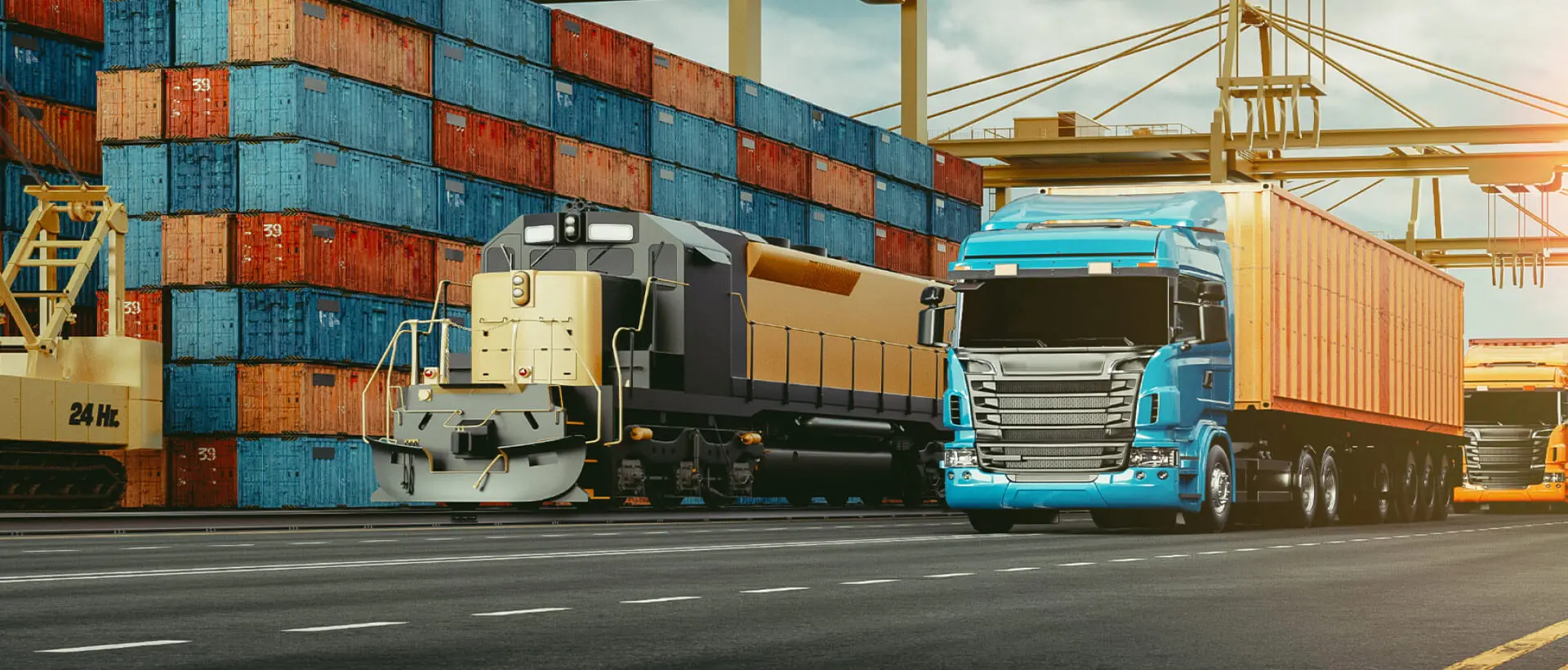Seller clears export and delivers to the buyer’s carrier at a named place

What is FCA?
FCA (Free Carrier) means the seller clears the goods for export and delivers them to the buyer’s carrier at a named place. Risk transfers at that handover point. FCA works for any mode and is preferred for containerised shipments.
Risk and responsibility
| Task | Party | Notes |
|---|---|---|
| Export packing and documentation | Seller | Includes commercial invoice and packing list |
| Export clearance and licences | Seller | Seller files the export declaration |
| Delivery to named place | Seller | Handover to buyer’s carrier |
| Loading at seller’s premises | Seller | Applies if the named place is the seller’s site |
| Main carriage and insurance | Buyer | Insurance optional. Consider CIP if seller should insure |
| Import clearance, duties and delivery | Buyer | At destination country |
When to use FCA
- Containerised or multimodal shipments where early handover to a carrier makes sense.
- Cross-border moves where the seller can efficiently manage export clearance.
- When you want a clear risk point at first carrier handover.
Common notes
- Specify the named place precisely, for example a terminal or forwarder’s depot.
- Use CMR for international road handover where applicable.
- For insurance included by the seller, see CIP. For freight paid without insurance, see CPT.
How Clintopia helps
We coordinate FCA handovers, export declarations and carrier bookings. For door to door planning, see Freight Forwarding. For border entries and tariff codes, see Customs Clearance. For UK port collections to site, see Container Haulage.
Related terms
Need to talk to a logistics expert?
Call usFCA — FAQs
Can't find the answer to your question? You can always request a callback from our team of experts!